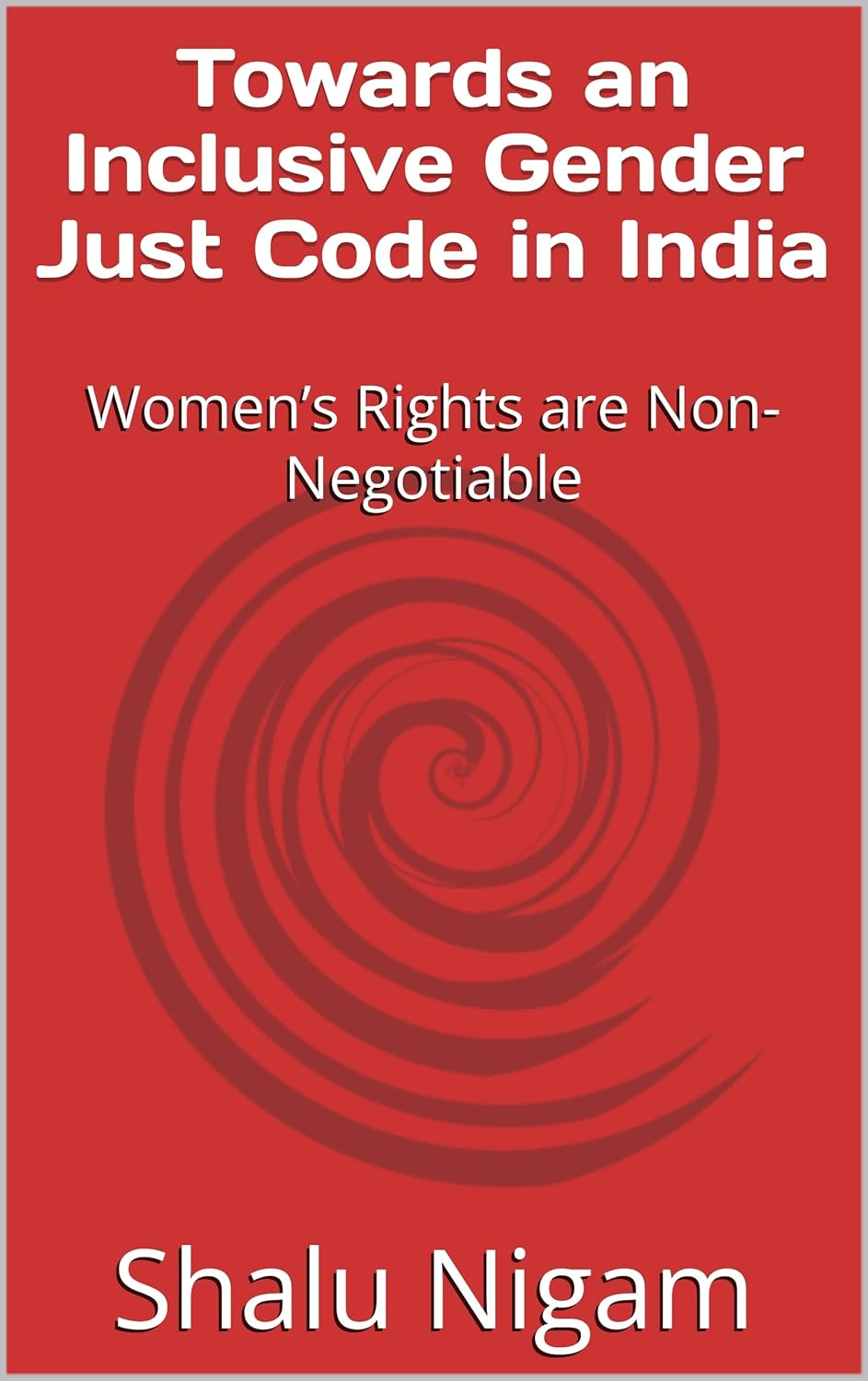Towards an Inclusive Gender Just Code in India : Women’s Rights are Non-Negotiable
Towards an Inclusive Gender Just Code in India: Women’s Rights are Non-Negotiable
This book is available at Amazon
https://amzn.in/d/gM7XgbQ
It is regarding the Common Civil Code (the UCC) in India and argues for a feminist-led and women-led reform of personal laws. It rejects any changes that are anti-women. It argues that the UCC was initially introduced during the making of the Constitution to create a common legal framework for marriage, divorce, inheritance, and adoption with a focus on gender equality.
While it aimed to eliminate harmful practices and promote justice, the inclusion of UCC as a fundamental right was blocked due to potential conflicts with religious freedoms, resulting in its placement as a Directive Principle of State Policy.
In post-colonial India, family laws remain governed by diverse religious norms. These laws are different for various communities.
However, over the years, despite difficulties, women from diverse backgrounds have increasingly sought reforms through courts.
These women-led reforms followed the framework of intersectionality, are progressive, democratic, just, and based on their everyday realities.
Simultaneously, the dominant narrative initiated by political parties and religious leaders has politicized this debate for their vested agendas while suppressing women's voices. This top-down approach, driven by vested interests, seeks to restrict women’s rights.
Simultaneously, the dominant narrative initiated by political parties and religious leaders has politicized this debate for their vested agendas while suppressing women's voices. This top-down approach, driven by vested interests, seeks to restrict women’s rights.
This work highlights that the current push for a UCC is coercive, unconstitutional, anti-secular, and anti-women. It forcefully imposes a discriminatory law and lacks a democratic process; therefore, refused by many.
While rejecting this arbitrary law, this work argues that to navigate the complex terrain of religious freedom and gender justice, the family law reforms should be comprehensive, inclusive, consensus-based, progressive, rights-based, uphold a person’s dignity, women-led, and should involve the consent of women from various communities it affects.
This work suggests that the state should revoke the Uttarakhand UCC law. Instead, the state should facilitate conditions that allow women to exercise their rights through transformative constitutionalism across all communities.
The family law reforms should adhere to democratic norms, constitutional morality, transformative governance, and gender justice.
Grounded on the concept of women’s autonomy, this work proposes to rewrite a feminist code based on feminist principles of substantive equality, solidarity, acceptability, and respect for community rights while forging unity across diversity—a feminist code written by women, of women, and for women from diverse communities.
It suggests replacing Manusmriti with Mahilasmriti.
Labels: gender justice, UCC, Women's rights
posted by Adv Dr Shalu Nigam @ April 18, 2025
0 Comments
![]()


0 Comments:
Post a Comment
Subscribe to Post Comments [Atom]
<< Home